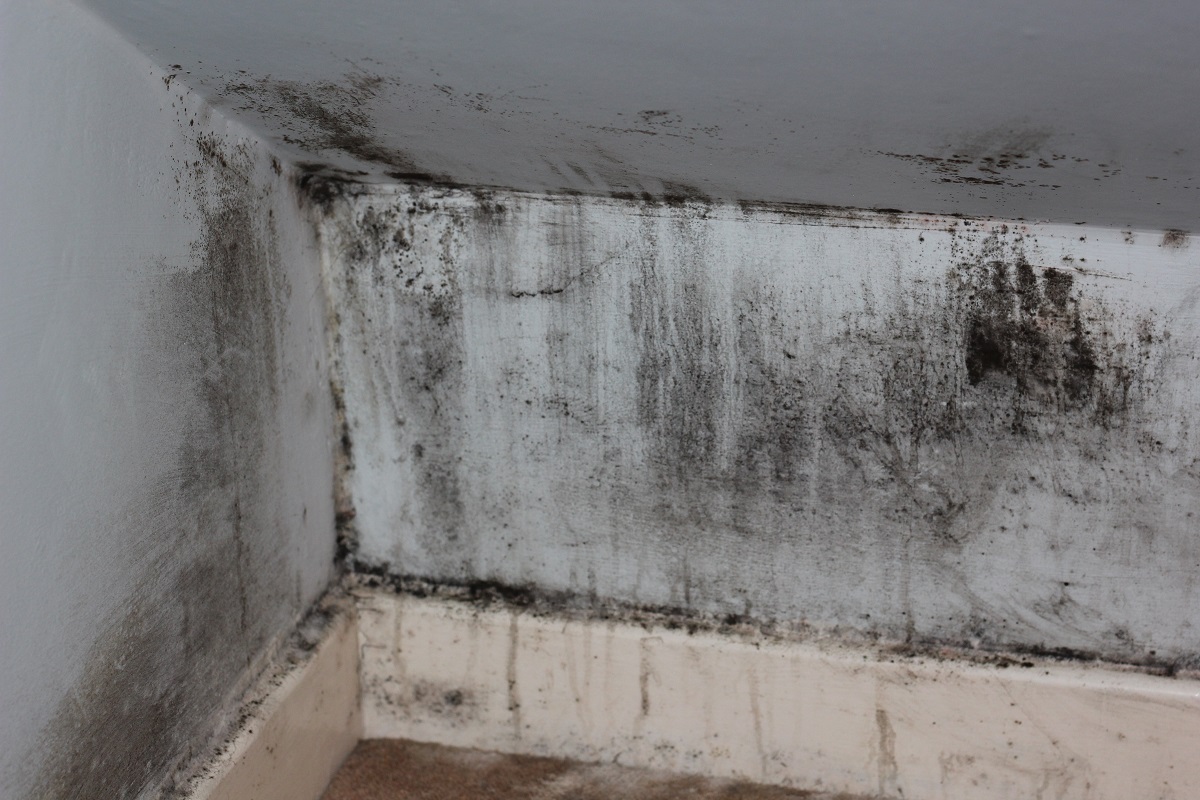

Articles
What Does Basement Mold Smell Like
Modified: May 6, 2024
Discover what basement mold smells like and how to identify it in this informative article. Learn how to prevent and eliminate mold growth in your home.
(Many of the links in this article redirect to a specific reviewed product. Your purchase of these products through affiliate links helps to generate commission for Storables.com, at no extra cost. Learn more)
Introduction
Welcome to the world of basement mold, where an invisible intruder can wreak havoc on your health and home. Mold is a common problem that many homeowners face, especially in damp and poorly ventilated areas like basements. Not only does basement mold create unsightly stains and damage to your property, but it can also emit a distinct and unpleasant odor.
In this article, we will explore what basement mold is, the common causes of mold growth, the health risks associated with it, and how to detect and get rid of the foul odor. We will also discuss preventive measures to keep your basement mold-free and maintain a healthy living environment for you and your family.
So, if you’ve ever wondered what that strange smell in your basement is or if you suspect mold might be lurking in the shadows, read on to learn more about basement mold and how to combat its odor.
Key Takeaways:
- Basement mold emits a distinct musty odor, signaling potential health risks and structural damage. Address moisture, improve ventilation, and conduct regular inspections to prevent and combat the foul smell.
- Understanding the causes and risks of basement mold is crucial for prevention. Take proactive measures, use mold-resistant materials, and maintain a clean, well-ventilated environment to safeguard your home and family.
Read more: What Does Mold In Basement Look Like
What is basement mold?
Basement mold refers to the presence and growth of mold in the basement area of a building. Mold is a type of fungus that thrives in damp and humid environments, making basements an ideal breeding ground. It typically appears as black, green, or brown patches on walls, floors, ceilings, and other surfaces.
Mold reproduces through tiny spores that are invisible to the naked eye. These spores float in the air and can easily find their way into your basement, where they settle and begin to multiply under the right conditions. Mold growth can be accelerated by the presence of moisture, high humidity levels, and the lack of proper ventilation.
While a certain amount of mold spores can be found naturally in the air, excessive mold growth in indoor spaces is a cause for concern. Not only does mold compromise the structural integrity of the building, but it can also have detrimental effects on human health.
It’s important to address basement mold issues promptly to prevent further damage and minimize health risks.
Common causes of basement mold
Basements are susceptible to mold growth due to their unique environment. Understanding the common causes of basement mold can help you identify and address the underlying issues. Here are some of the main culprits:
- Moisture intrusion: One of the primary causes of basement mold is the intrusion of water or moisture. This can be due to leaks in the foundation, plumbing issues, poorly sealed windows or doors, or even excessive condensation.
- Poor ventilation: Inadequate airflow in the basement can lead to the accumulation of moisture and high humidity levels, creating an ideal breeding ground for mold. Without proper ventilation, dampness and stagnant air can persist, promoting mold growth.
- Flooding: If your basement has experienced flooding in the past, it significantly increases the risk of mold growth. Even minor floods or water leaks that go unnoticed can contribute to mold problems later on.
- Inadequate insulation: Insufficient insulation in basements can lead to temperature differentials and condensation, providing the perfect environment for mold to thrive. Cold surfaces paired with warm, humid air create the ideal conditions for mold growth.
- Poor maintenance: Neglecting regular maintenance of your basement can contribute to mold growth. Lack of cleaning, ignoring leaks or moisture issues, and neglecting repairs and maintenance can create an environment where mold can flourish.
It’s essential to identify and address the root causes of basement mold to prevent its recurrence. By mitigating moisture intrusion, improving ventilation, and maintaining proper upkeep, you can prevent mold growth and ensure a healthier basement environment.
Health risks associated with basement mold
Basement mold not only poses a threat to the integrity of your home but also to your health and well-being. Exposure to mold can lead to various health risks, especially for individuals with pre-existing respiratory conditions or weakened immune systems. Here are some of the common health risks associated with basement mold:
- Allergic reactions: Mold spores can trigger allergic reactions in susceptible individuals. Symptoms may include sneezing, coughing, itchy or watery eyes, nasal congestion, and skin rashes. These reactions can range from mild to severe, depending on the individual’s sensitivity to mold.
- Asthma exacerbation: Individuals with asthma may experience worsening of their symptoms when exposed to mold. Mold spores can irritate the airways, leading to increased coughing, wheezing, chest tightness, and difficulty breathing.
- Respiratory infections: Prolonged exposure to mold can increase the risk of respiratory infections, such as bronchitis or fungal pneumonia. Mold spores can compromise the respiratory system’s ability to fight off infections, making individuals more susceptible to respiratory illnesses.
- Toxic mold syndrome: While rare, some types of mold, such as Stachybotrys chartarum (commonly known as black mold), produce mycotoxins that can cause toxic mold syndrome. Symptoms may include fatigue, headache, nausea, dizziness, and even neurological symptoms in severe cases.
- Weakened immune system: Prolonged exposure to mold can weaken the immune system over time, making individuals more susceptible to infections and illnesses in general.
If you suspect that you or your family members are experiencing health issues related to basement mold, it’s crucial to consult a healthcare professional. They can assess your symptoms and provide appropriate medical advice.
Remember, prevention is key when it comes to basement mold. By taking proactive measures to prevent mold growth and addressing any existing issues promptly, you can safeguard your health and create a safer living environment.
Detecting basement mold
Detecting basement mold early is essential for preventing further damage and minimizing health risks. Here are some methods to help you identify the presence of mold in your basement:
- Visual inspection: Start by visually inspecting your basement for any visible signs of mold growth. Look for black or greenish discoloration on walls, floors, ceilings, and other surfaces. Pay attention to corners, behind furniture, and in hidden areas that may have poor ventilation. Mold may also appear as fuzzy patches or small clusters.
- Musty odor: Mold often emits a distinct musty odor. If you notice a persistent, unpleasant smell in your basement that you cannot attribute to any other source, it could be a sign of mold growth. Trust your nose and investigate further if you detect a musty odor.
- Mold testing: If you have suspicions of mold but cannot visually confirm its presence, mold testing can be conducted. Professional mold testing can help identify the types and levels of mold in your basement. This testing typically involves air sampling or surface sampling to collect mold samples for laboratory analysis.
- Hiring professionals: In some cases, it may be necessary to consult professionals such as mold remediation experts or indoor air quality specialists to assess the extent of the mold problem. They have the necessary tools and expertise to detect and identify mold growth in your basement.
It’s important to note that if you do identify mold in your basement, it’s crucial to take immediate action to address the issue. Mold growth can quickly spread and worsen over time, leading to more significant damage and health risks.
Remember, prevention is always better than cure. Regularly inspecting your basement, maintaining proper ventilation and moisture control, and addressing any signs of water intrusion can help prevent mold growth before it becomes a major problem.
Basement mold can produce a musty, earthy smell. If you notice this odor, it’s important to inspect for mold growth and address any moisture issues to prevent further spread.
Read more: Why Does My Basement Smell Like Sulfur
The distinctive smell of basement mold
If you’ve ever stepped into a basement and instantly detected a musty, unpleasant odor, chances are you’ve encountered the distinctive smell of basement mold. Mold emits a distinct scent that can be challenging to describe but is often described as musty, earthy, or damp.
The odor is a result of volatile organic compounds (VOCs) released by mold colonies as they grow and replicate. These compounds can emit an unpleasant smell that can permeate the air in your basement, making it hard to ignore.
While the specific scent can vary depending on the type of mold and the environmental conditions, the smell of basement mold is generally unpleasant and distinct. It can be similar to the smell of rotting wood, wet soil, or damp clothes.
The musty odor of basement mold is not just an inconvenience; it can also serve as an important clue in detecting mold growth. Even if you can’t see visible signs of mold, the presence of a persistent, musty odor is an indication that mold may be present in your basement.
It’s important to remember that not all molds produce a strong odor. Some types of molds, such as Stachybotrys chartarum (black mold), are known for their characteristic musty smell. However, not all molds emit a noticeable odor, so relying solely on scent may not always be enough to determine the presence of mold. Visual inspection and testing are recommended to confirm the presence of mold if you suspect an issue.
If you do detect a musty smell in your basement, it’s crucial to address the root cause and take steps to eradicate the mold growth. Ignoring the odor can lead to further mold damage and potential health risks for you and your family.
Remember, prevention is key when it comes to dealing with mold. Maintaining proper ventilation, controlling moisture levels, and addressing any water intrusion or leaks promptly can help prevent the distinct smell of basement mold from becoming a regular occurrence in your home.
Factors that contribute to the odor of basement mold
The distinctive odor associated with basement mold is caused by a combination of factors that contribute to the overall smell. Understanding these factors can help you address the underlying causes and reduce the odor. Here are some key factors that contribute to the odor of basement mold:
- Moisture: Mold thrives in damp environments, and excess moisture is a key contributor to the odor. Basements are prone to humidity, leaks, and water intrusion, providing the ideal conditions for mold growth. The presence of moisture creates a breeding ground for mold, which in turn releases odor-causing compounds as it grows and spreads.
- Organic material: Mold feeds on organic materials such as wood, drywall, or carpeting. When mold breaks down these materials, it releases volatile organic compounds (VOCs), which contribute to the odor. The more organic material in your basement, the more likely mold will have a food source and emit an odor.
- Poor ventilation: Inadequate airflow and ventilation in the basement can contribute to the buildup of mold spores and the intensity of the odor. Stagnant air allows the odor-causing compounds to linger, making the smell more concentrated. Proper ventilation helps to remove excess moisture and reduce the musty odor associated with mold growth.
- Type of mold: Different types of mold can produce different odors. While the musty smell is commonly associated with basement mold, some molds may emit more pungent or earthy odors. For example, certain types of mold, such as Penicillium or Aspergillus, can produce an odor similar to that of damp or rotting wood.
- Duration of mold growth: The longer mold is allowed to grow and spread, the stronger the odor becomes. Mold colonies release more odor-causing compounds as they multiply, making the smell more pronounced. Early detection and prompt action can help mitigate the odor and prevent further mold damage.
Addressing these factors can help reduce the odor associated with basement mold. By controlling moisture, improving ventilation, and regularly inspecting and maintaining your basement, you can minimize mold growth and prevent the persistent smell that often accompanies it.
Remember, if you suspect mold growth in your basement, it is essential to take appropriate measures to identify the source, remove the mold, and address any underlying issues to prevent the odor from reoccurring.
Steps to get rid of basement mold odor
Dealing with the lingering odor of basement mold can be frustrating, but with the right approach, you can eliminate the smell and create a fresh and healthy environment. Here are some steps to help you get rid of basement mold odor:
- Identify and address the source: Conduct a thorough inspection of your basement to identify any visible mold growth or signs of water damage. Fix any leaks, repair water intrusion issues, and address high humidity levels. By eliminating the source of moisture, you can prevent further mold growth and reduce the odor.
- Clean and disinfect: Use a mixture of water and mild detergent to clean surfaces affected by mold. Scrub the area gently with a brush to remove any visible mold growth. Afterward, use a disinfectant spray or a mixture of bleach and water to kill any remaining mold spores. Remember to wear protective clothing, gloves, and goggles when handling mold and cleaning solutions.
- Remove and replace porous materials: Porous materials such as carpeting, drywall, or insulation that have been severely affected by mold might need to be removed and replaced. Mold can penetrate these materials and can be challenging to completely eliminate. Consult with professionals if necessary for proper removal and replacement.
- Improve ventilation: Ensure that your basement has proper airflow and ventilation to prevent moisture buildup and reduce the musty odor. Open windows if possible, use fans or dehumidifiers, and consider installing exhaust fans to improve air circulation.
- Use odor absorbers: After cleaning and treating the affected areas, use odor absorbers such as charcoal bags, baking soda, or activated carbon filters to help absorb any remaining odors in the air. Place these in strategic locations around the basement to help neutralize the smell.
- Maintain regular cleaning and maintenance: Regularly clean and inspect your basement to prevent mold growth and minimize odors. Keep the area dry, address any water issues promptly, and consider using mold-resistant paint or coatings on walls and surfaces to prevent future mold growth.
It’s worth noting that if the mold odor persists despite your efforts, it may be necessary to consult with professionals. Mold remediation experts can assess the situation and provide specialized solutions to eliminate the odor and ensure a mold-free environment.
Remember, prevention is key in avoiding mold odor in the first place. By addressing moisture issues, maintaining proper ventilation, and conducting regular inspections, you can prevent mold growth and the accompanying odor.
Preventing basement mold growth
Prevention is always better than dealing with the consequences of basement mold growth. By taking proactive measures, you can minimize the risk of mold and maintain a healthy and mold-free basement. Here are some steps you can take to prevent basement mold growth:
- Control moisture: Moisture is the primary factor that contributes to mold growth. Take steps to control and manage moisture in your basement by fixing any leaks or water intrusion issues. Ensure proper drainage around the foundation and consider installing a sump pump if necessary. Use dehumidifiers and fans to reduce humidity levels and improve airflow.
- Improve ventilation: Proper ventilation is essential to prevent the buildup of moisture and stagnant air in your basement. Ensure that the basement is adequately ventilated by opening windows, using exhaust fans, or installing a ventilation system. This helps to improve air circulation and prevent the conditions that favor mold growth.
- Address condensation: Condensation can contribute to moisture buildup in your basement. Insulate cold surfaces, such as pipes or walls, to prevent condensation. Monitor and address areas prone to condensation regularly, as they can become areas of mold growth if left untreated.
- Keep the basement clean: Regular cleaning and maintenance can go a long way in preventing mold growth. Vacuum and dust the basement regularly to minimize dust and debris, as they can provide a food source for mold. Pay attention to hidden areas, such as behind furniture or in corners, where mold growth may go unnoticed.
- Use mold-resistant materials: When renovating or repairing your basement, consider using mold-resistant materials. Mold-resistant drywall, insulation, and flooring can help prevent mold growth. These materials are designed to resist moisture and inhibit the growth of mold, reducing the chances of mold-related issues in the future.
- Monitor and repair foundation cracks: Inspect your basement’s foundation for any cracks or gaps that could allow water to enter. Seal any cracks or gaps promptly to prevent water intrusion. Regularly monitor the foundation for any signs of damage and address them as soon as possible to prevent mold growth.
- Remove clutter: Clutter in the basement can inhibit proper airflow and create hidden areas where moisture can accumulate. Remove unnecessary items and keep the basement well-organized to improve ventilation and reduce the risk of mold growth.
By following these preventive measures, you can create an environment that is inhospitable for mold growth. Regular inspections, maintenance, and a proactive approach to moisture control and ventilation are key to keeping your basement free from mold. Remember, early intervention is crucial, so address any signs of mold growth promptly to prevent further damage and health risks.
Read more: Why Does My Basement Smell Like Sewer
Conclusion
Dealing with basement mold and its accompanying odor can be a daunting task. However, with the right knowledge and proactive measures, you can create a healthier and mold-free environment in your basement.
We explored what basement mold is, the common causes of mold growth, the health risks associated with it, and how to detect and get rid of the foul odor. We also discussed preventive measures to keep your basement mold-free.
Remember that moisture control is key to preventing mold growth. Addressing leaks and water intrusion issues, improving ventilation, and maintaining proper humidity levels are essential steps to minimize mold development. Regular inspections, prompt repairs, and proper cleaning can help prevent mold from taking hold.
If you do detect basement mold, take immediate action to address the issue. Clean and disinfect affected areas, remove and replace severely damaged materials, and improve ventilation to eliminate the odor. Seeking professional help may be necessary, especially for extensive mold growth or persistent odors.
Prevention should always be a priority. By maintaining proper upkeep of your basement, using mold-resistant materials, and keeping the area clean and well-ventilated, you can minimize the risk of mold growth and the associated odor.
Ultimately, protecting your home and the health of your family requires vigilance and proactive efforts. By understanding the causes and risks of basement mold, you can take the necessary steps to create a safe and mold-free environment.
Remember, if you have concerns or are unsure about the severity of a mold issue, it’s always best to consult with professionals who specialize in mold remediation. They can provide expert advice tailored to your specific situation.
By implementing preventive measures, promptly addressing any signs of mold growth, and maintaining a clean and well-ventilated basement, you can ensure a healthier living space for you and your loved ones.
Curious about keeping your space in tip-top shape? After tackling basement mold, why not dive deeper into maintaining a dry, healthy home environment? Our article on effective methods for basement waterproofing is ideal for those wanting to safeguard their home against moisture and water damage. On another note, if you're bothered by unpleasant smells elsewhere in your home, our guide on odor removal from refrigerators offers practical advice to freshen up your kitchen efficiently. Both pieces are packed with useful tips to enhance your home's comfort and cleanliness.
Frequently Asked Questions about What Does Basement Mold Smell Like
Was this page helpful?
At Storables.com, we guarantee accurate and reliable information. Our content, validated by Expert Board Contributors, is crafted following stringent Editorial Policies. We're committed to providing you with well-researched, expert-backed insights for all your informational needs.
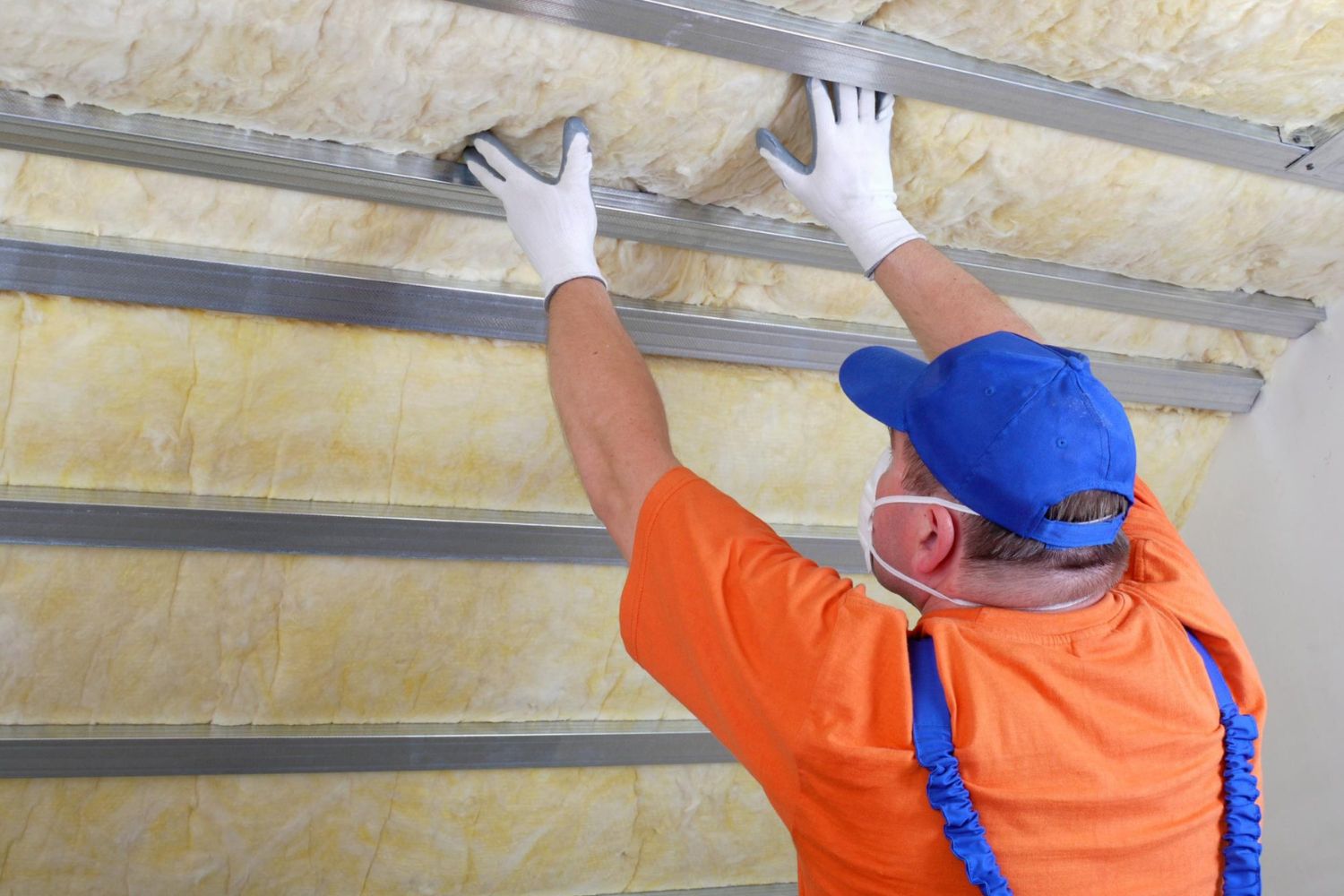
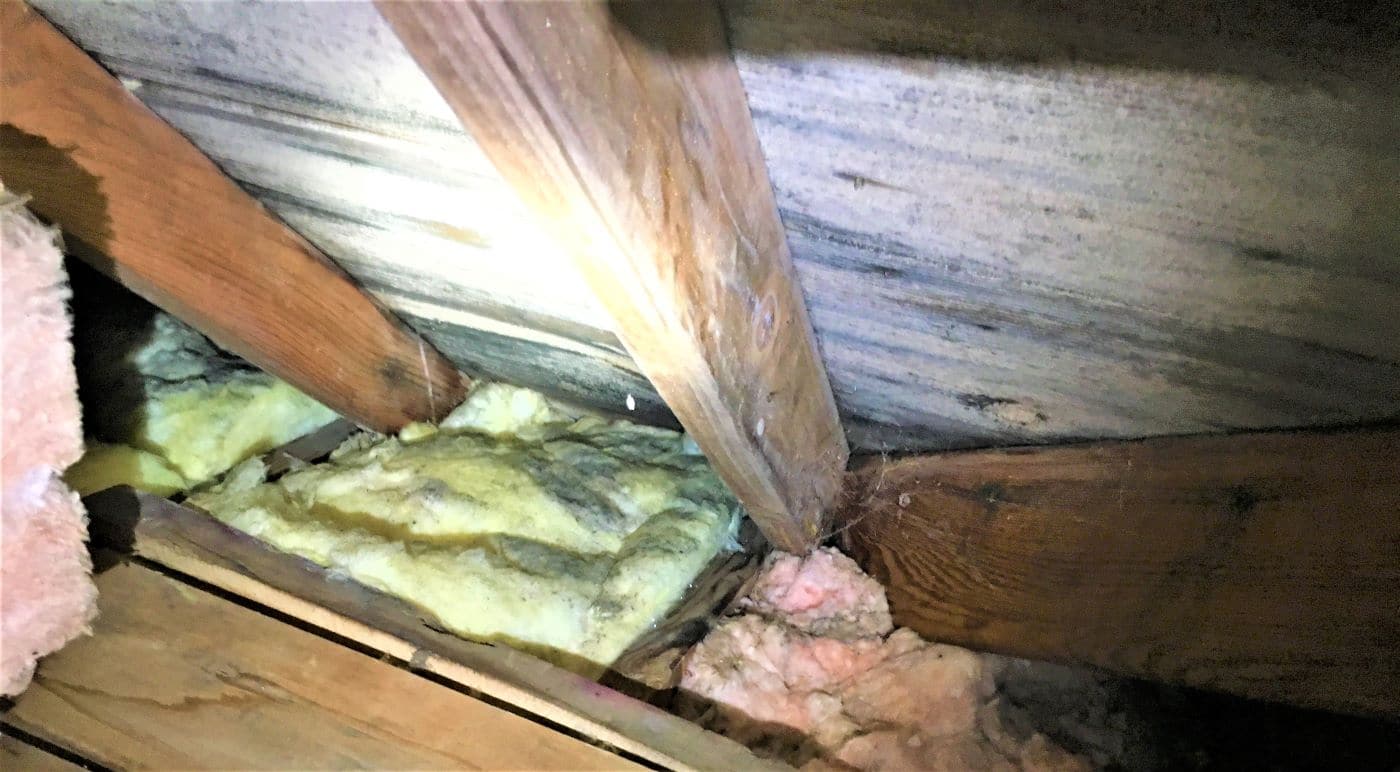
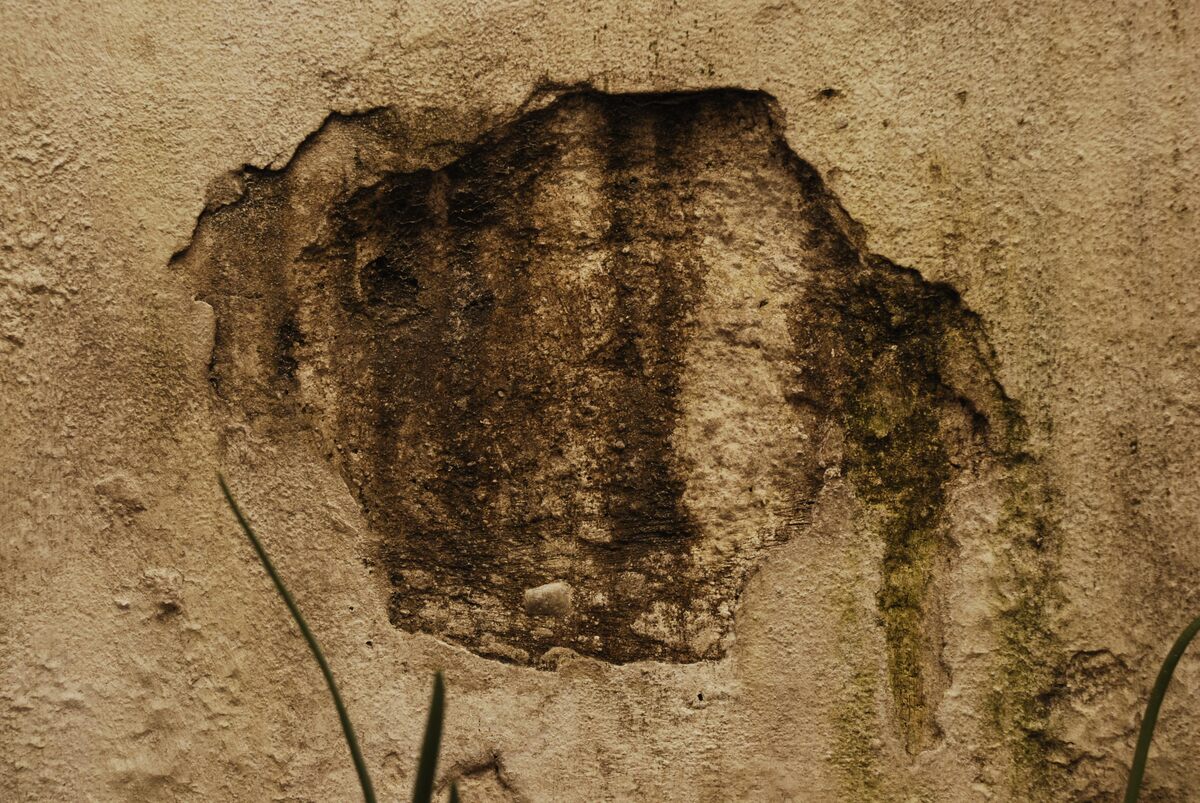

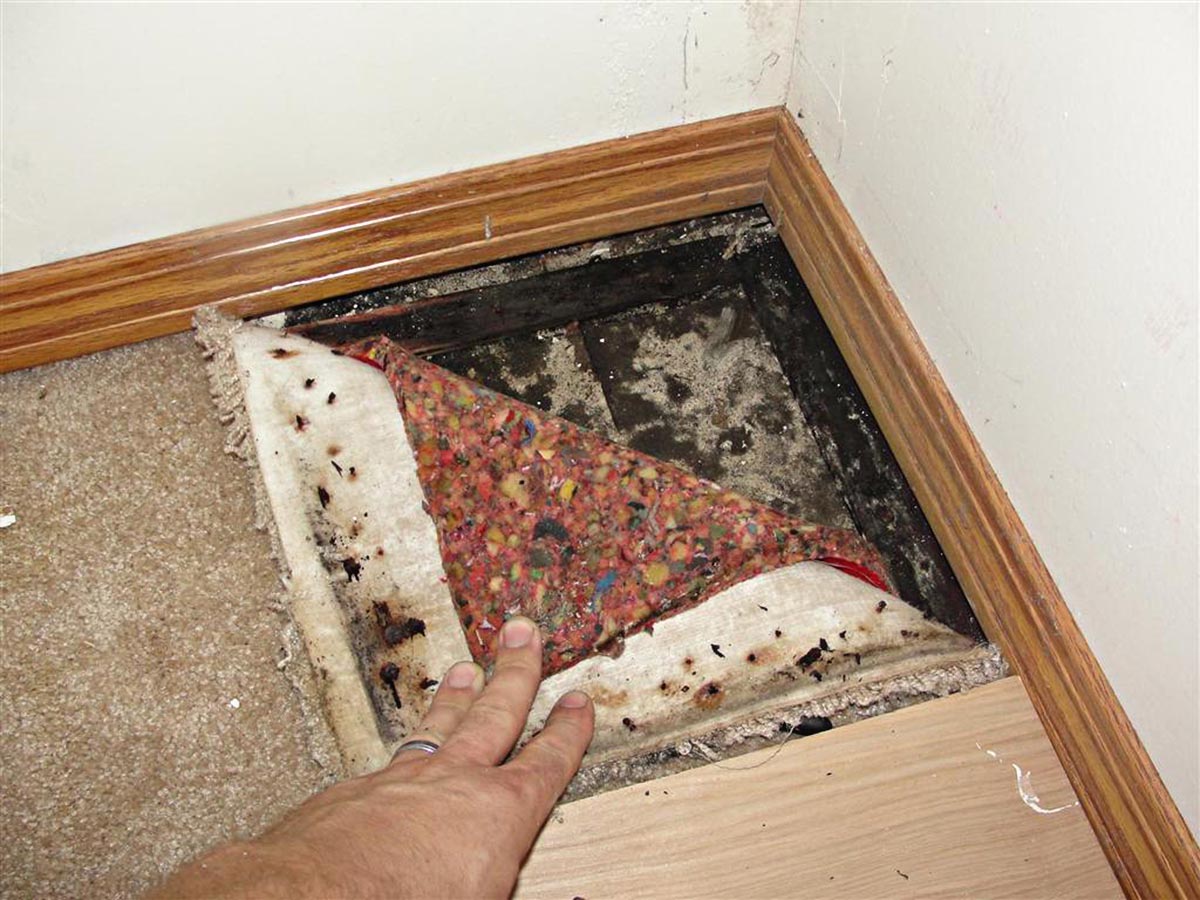
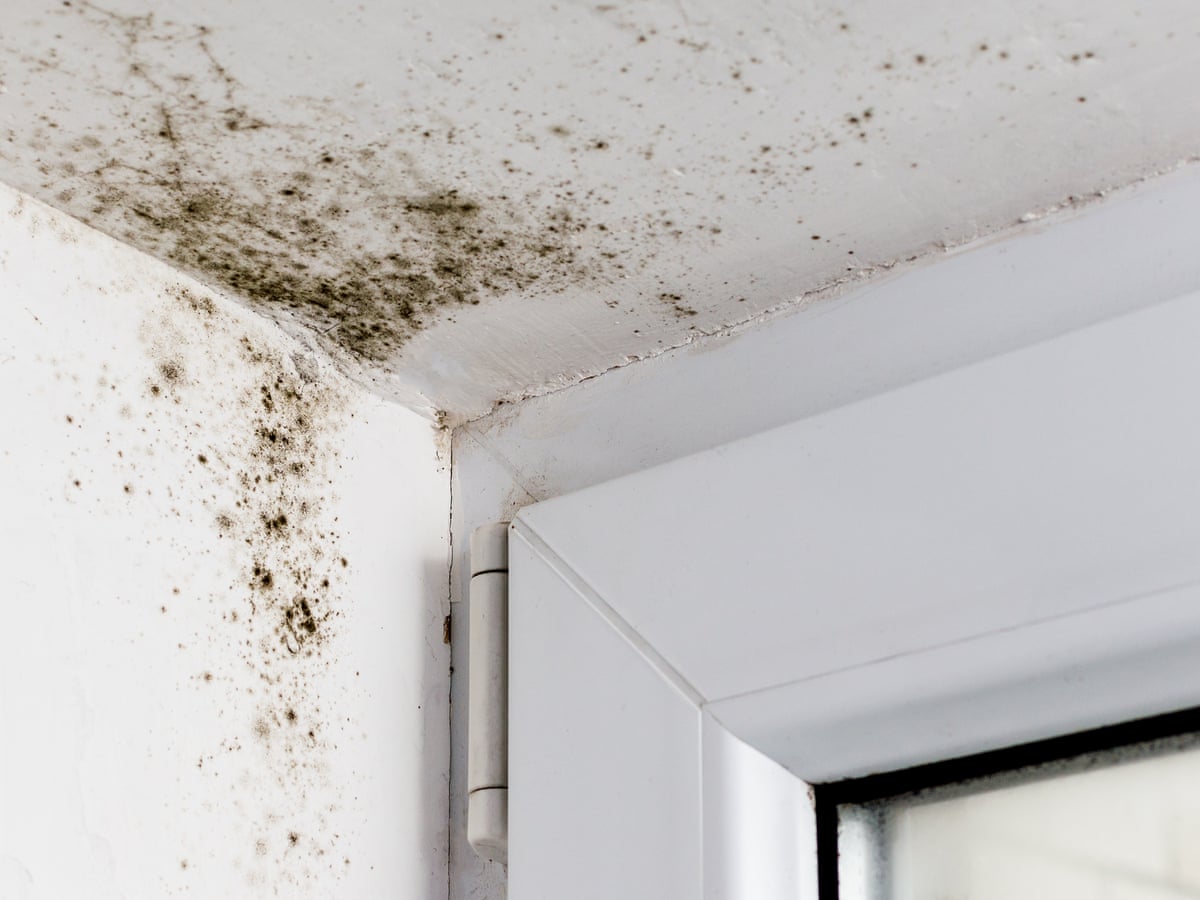
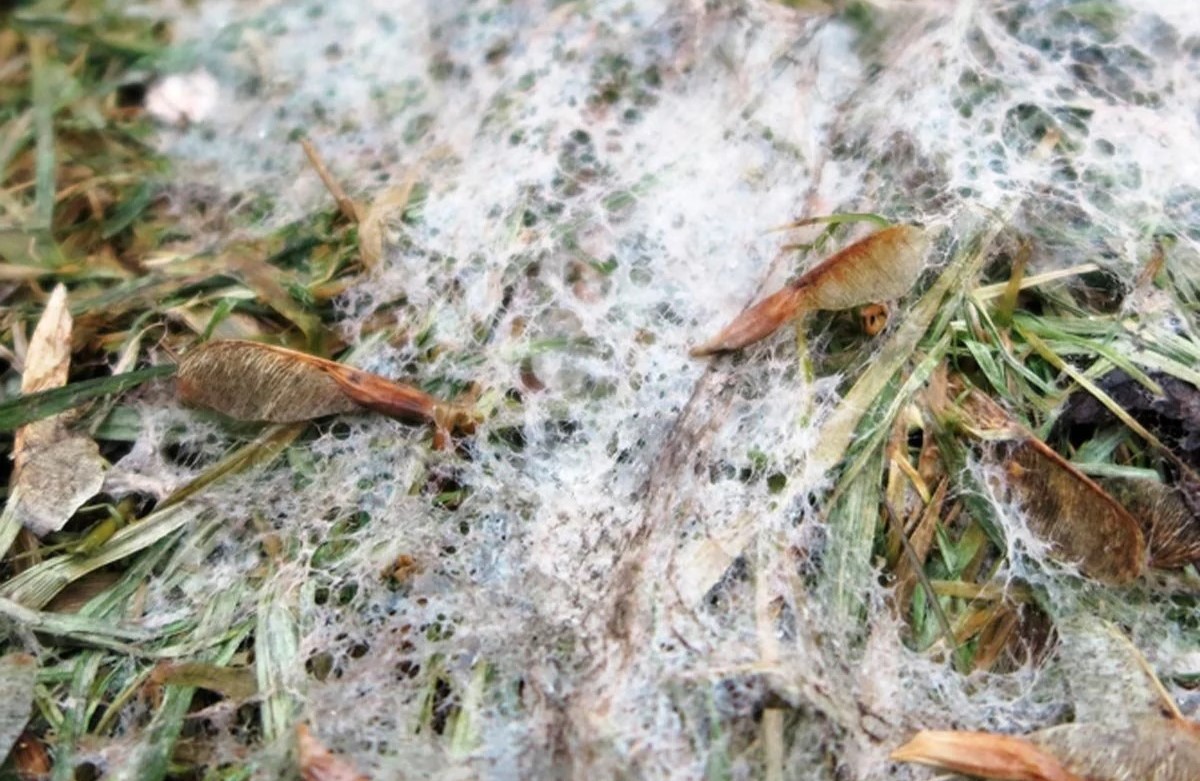
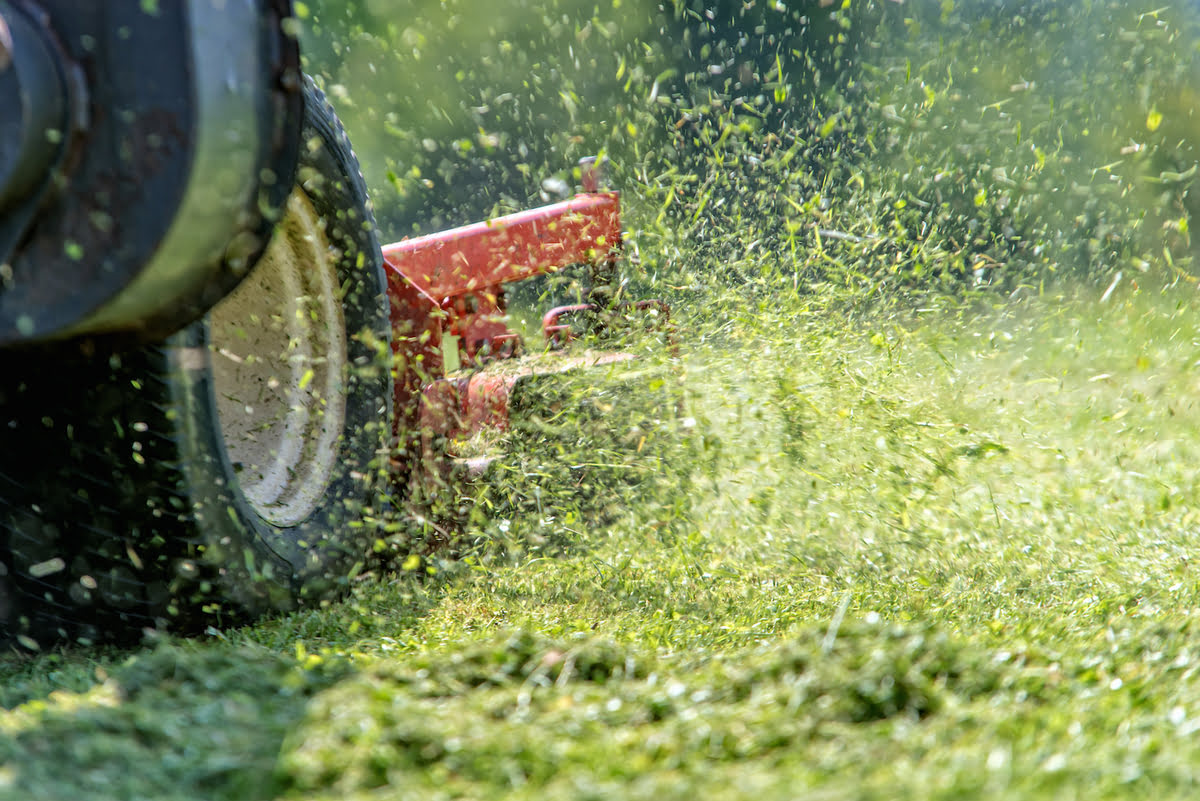
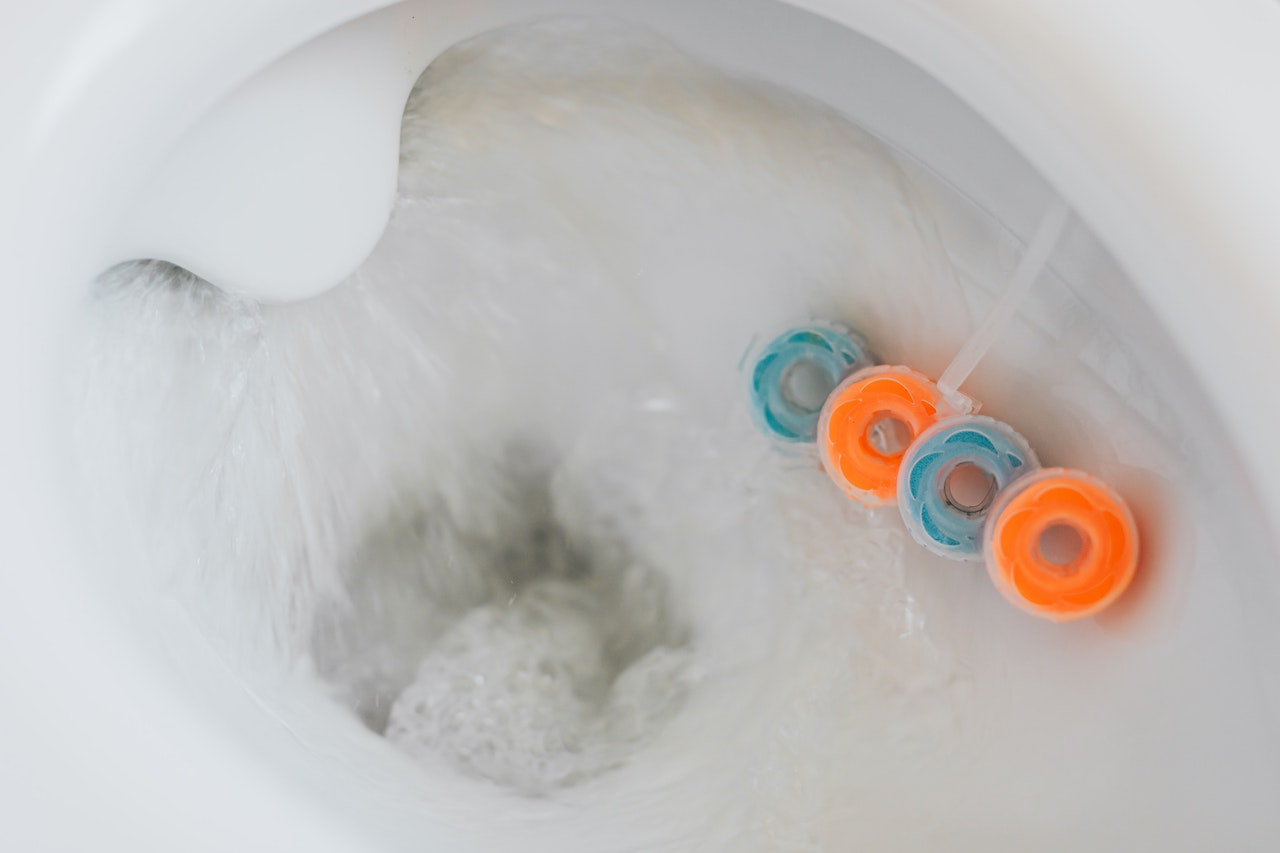
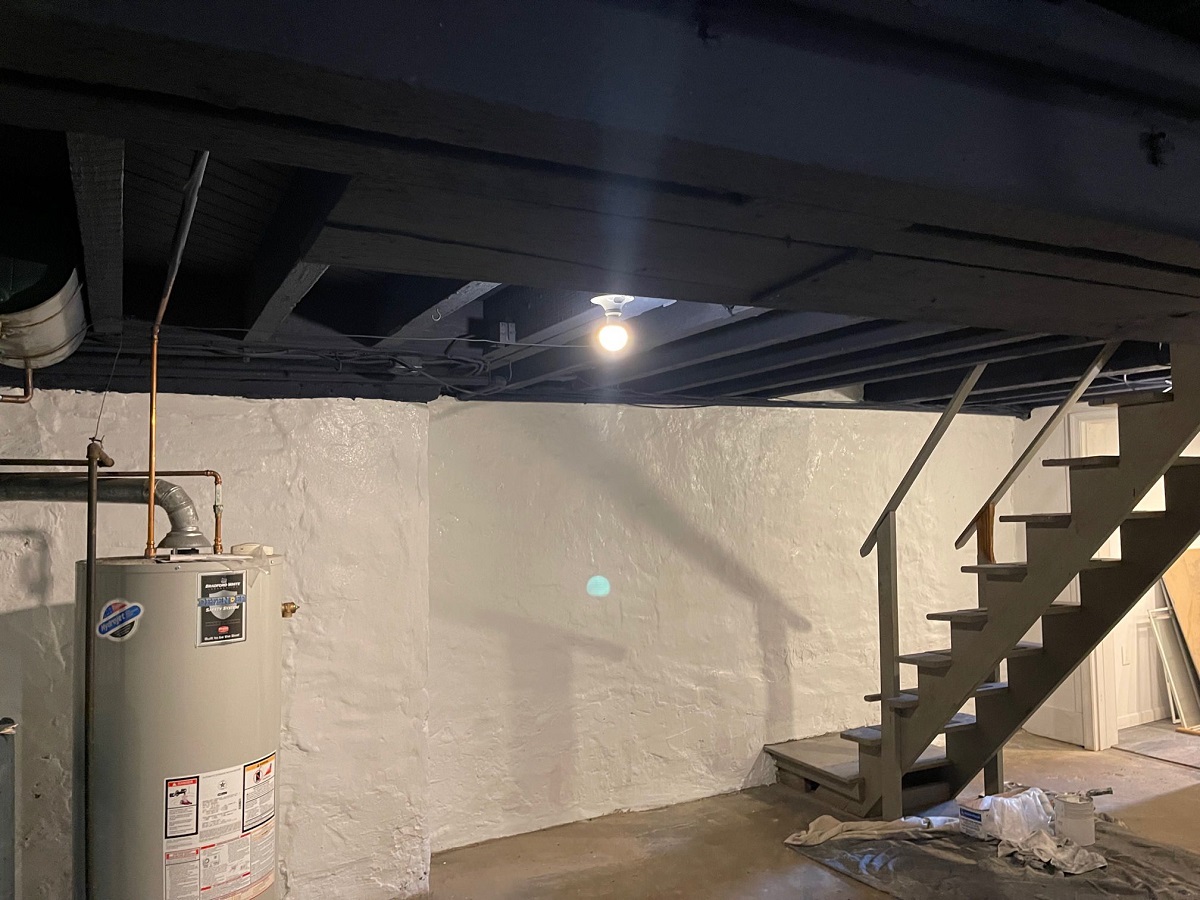
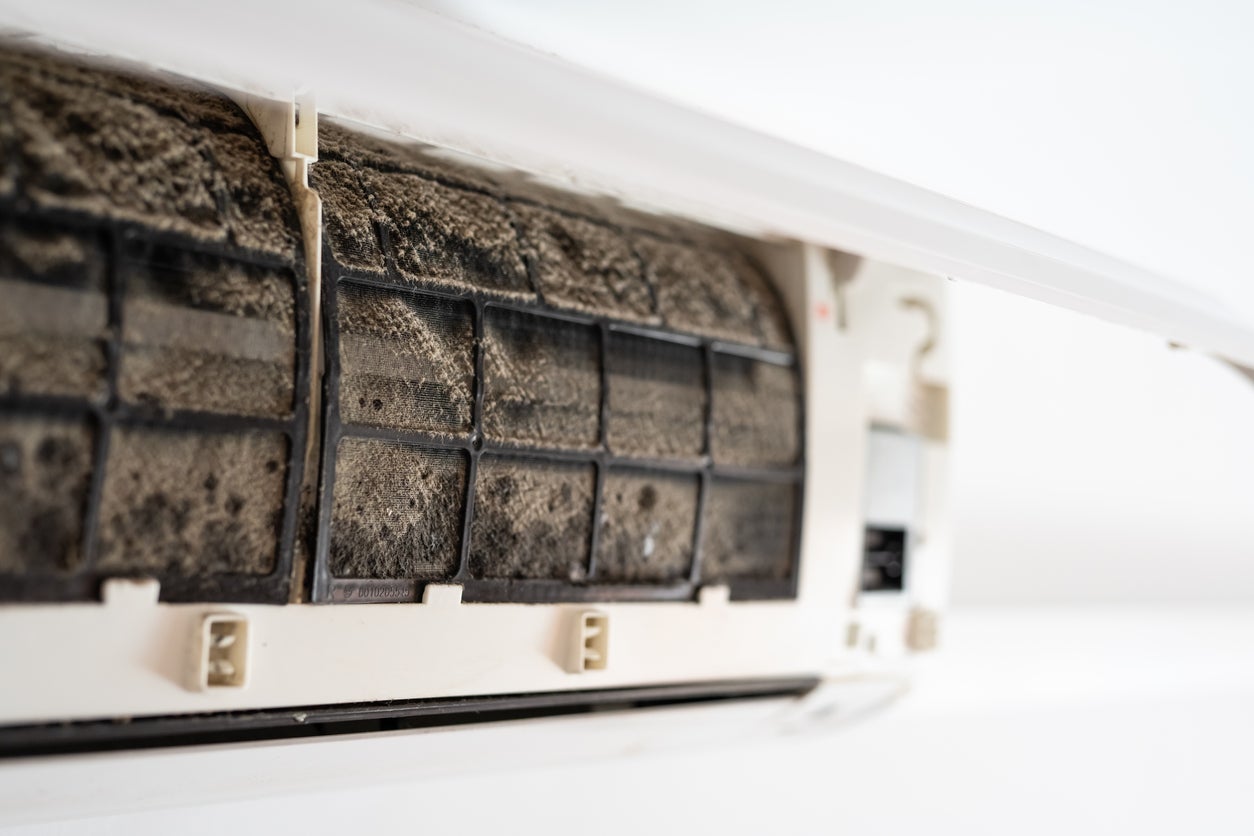

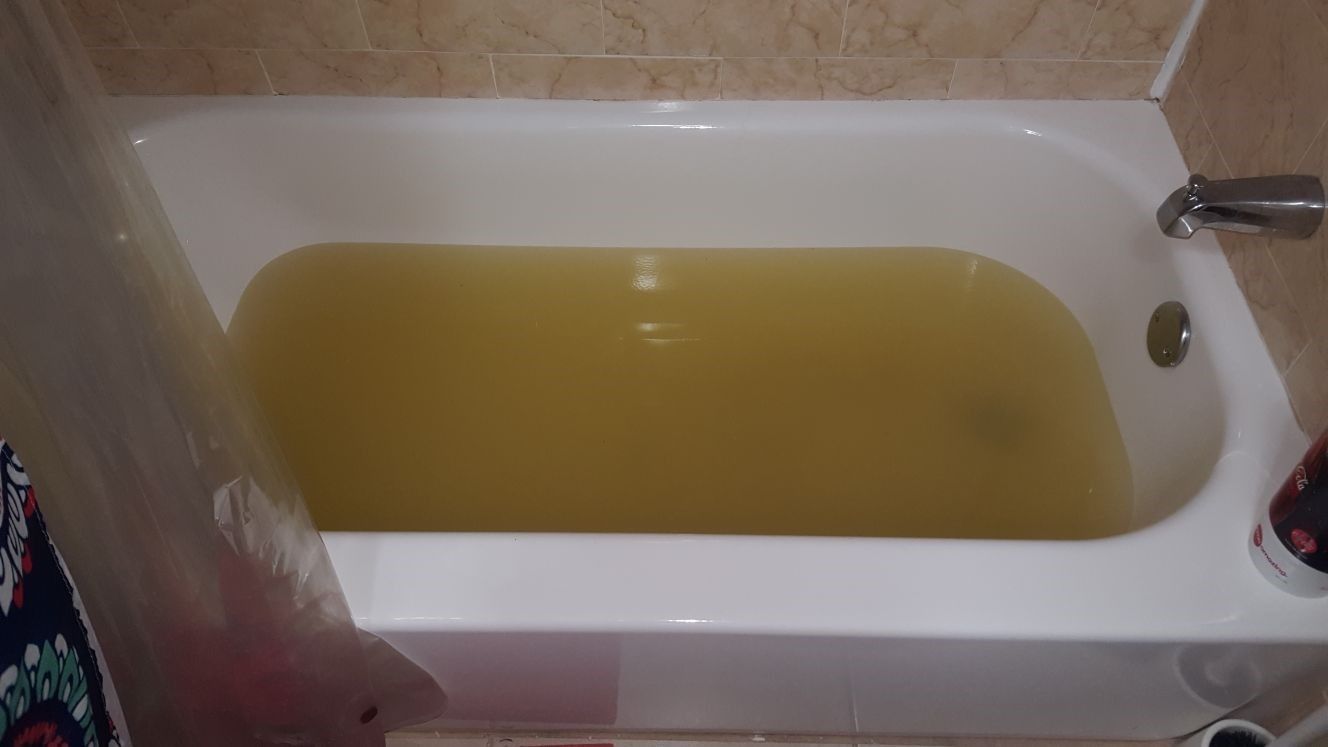

0 thoughts on “What Does Basement Mold Smell Like”